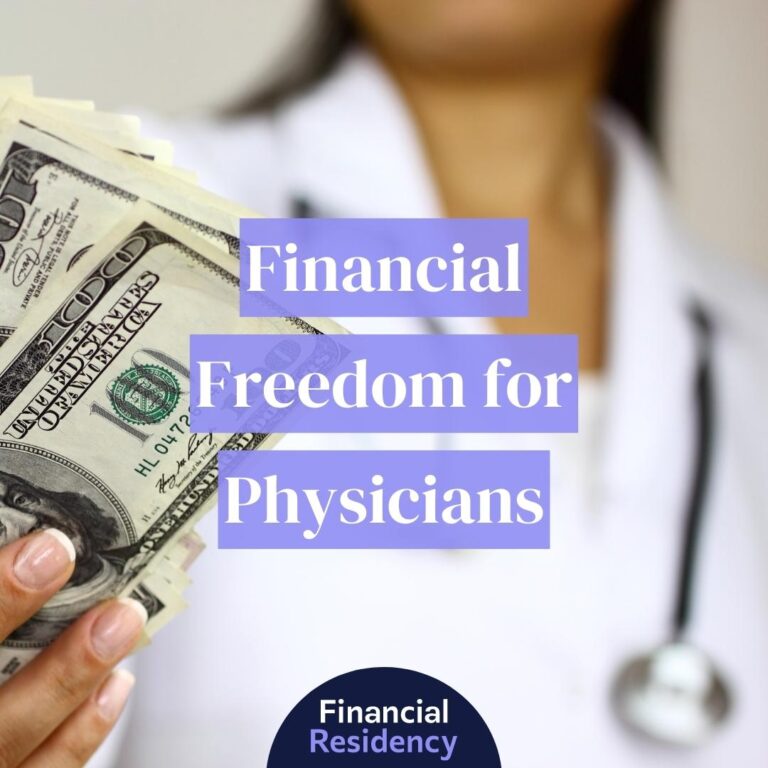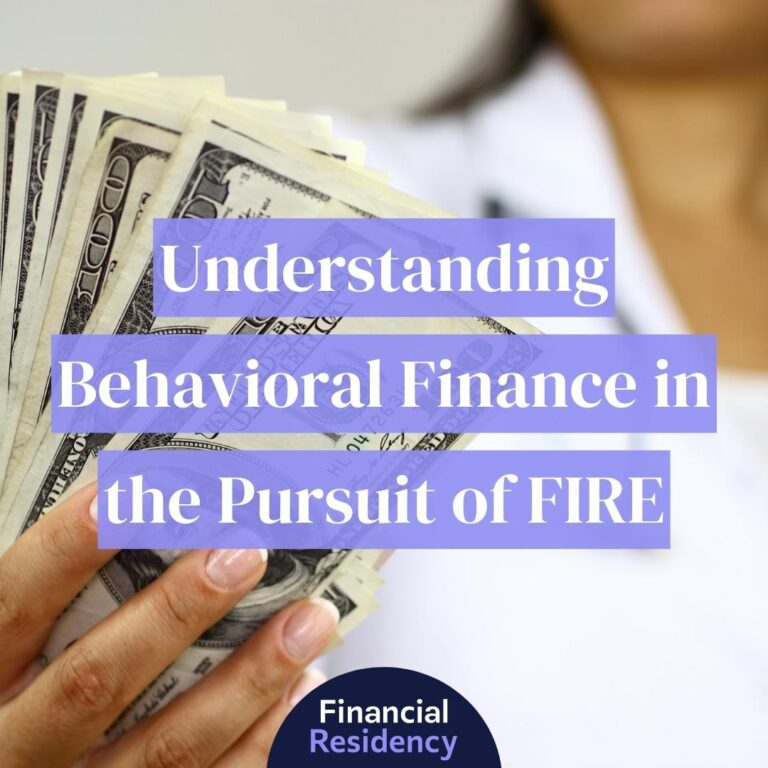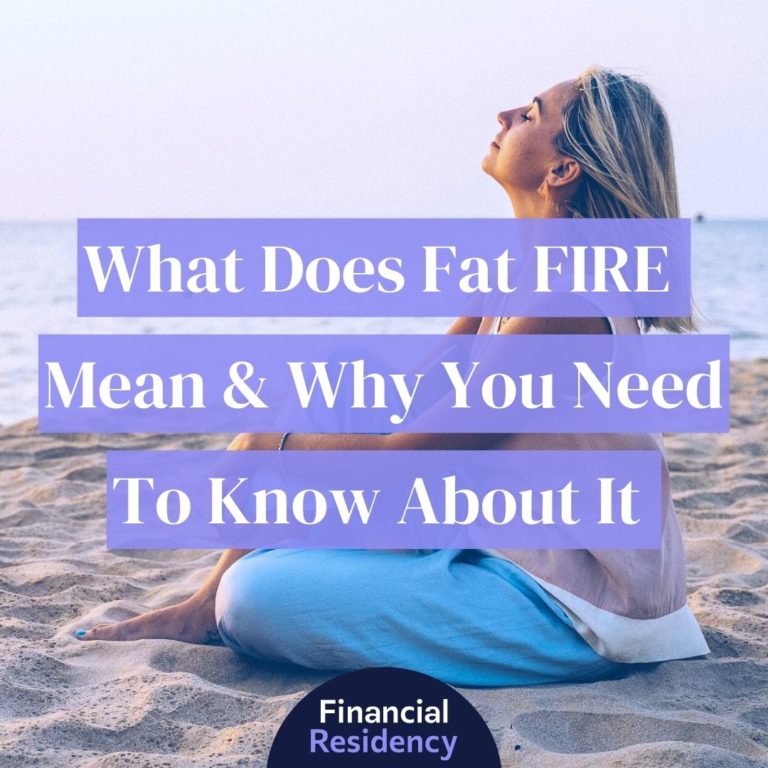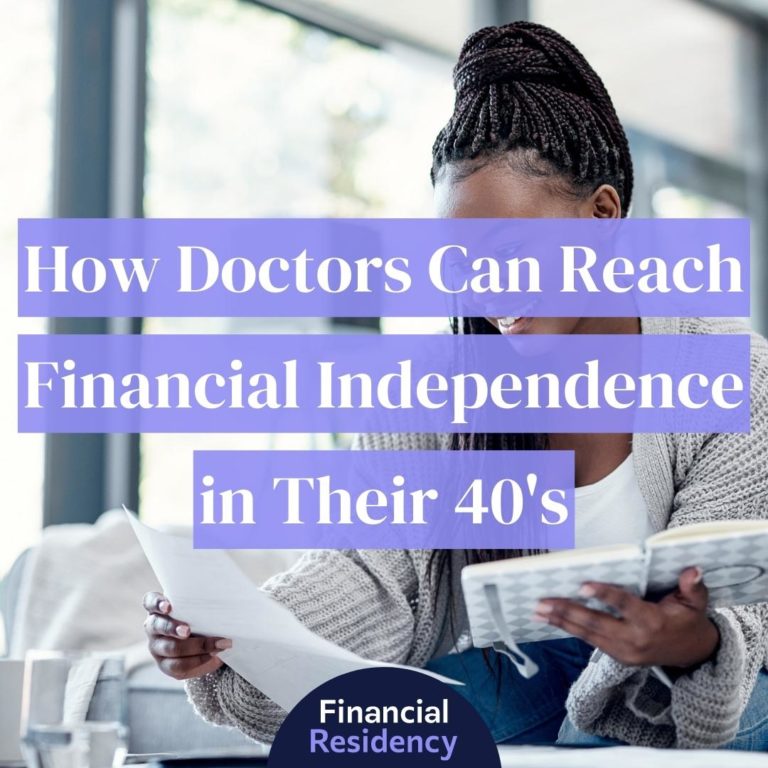Chasing financial independence seems fleeting, doesn’t it? When you have as much debt as you do, the work to get you out of it seems to take precedence over the long-game of future goals.
But… just how in debt are you?
If you are like my average client you’ll say approximately $290,000.
That means if you are one-half of a couple you can double the debt, right along with the stress.
It can be so overwhelming that some couples put off getting married because of how the system works. Instead, they spend time trying to figure out the right way to handle the debt and the repayments.
The truth is that student loan servicers aren’t actually explaining what you are getting yourself into when you take on student loan debt.
- How does the student loan system work?
- How does it affect you in the long term?
- What are your repayment options?
The underpaid employee who answers your call to the servicer has very little training. I mean compared to the pages of fine print that borrowers (and supposedly the employees) must attempt to understand (but don’t).
How does someone find financial independence with a ton of student loan debt?
Digging Out of Debt
How mired in student loan debt are you?
Do you feel like it threatens your sanity and financial independence?
As a Pre-med student, you probably had to take out loans for your undergraduate, medical school, residency, and fellowship. Sometimes you’ll have additional consumer debt to deal with.
Then you may have to defer and take out forbearance. Unfortunately, nobody will explain what the consequences may be.
Sometimes the interest rate takes over and the student loan(s) balloon or they are capitalized.
That can definitely jeopardize your financial freedom.
Student Debt Crisis
Do you know about the student debt crisis?
It might surprise you that our country is having a student debt crisis, but it probably won’t. You’re probably very aware that there is a problem.
The thing is until you are the person stuck in the process, you might not give it any thought.
There are people who are postponing life events due to the student debt crisis. I’m talking about getting married and starting a family. When you have to put off those types of “circle of life” events due to student debt, there is a problem!
Even when you are working towards paying off your student debt with on a physician’s income, it can still threaten your plans to start a family. It threatens your ability to reach financial independence and postpones your ability to plan for retirement.
If you have student debt, you’ll know that the US has a student loan crisis that threatens financial independence.
Chasing Financial Independence and Moving Forward
Are you committed to financial independence?
Even with student loan debt and the crisis looming, as a new attending physician, you’ll want to move forward. After all, you’ve sacrificed so much of your time and effort to reach your goals.
Sometimes you move forward without realizing that you are taking the first steps. You might not have the language to explain what you are doing or a framework. But you are doing something that starts your forward momentum toward financial independence.
You might not have a budget in place, but you may be comparing how you handled your money and purchases in the past to how you want to handle them moving forward. Essentially you are thinking about cash flow.
In the beginning, nobody is thrilled to start a budget (I know, the dreaded “B” word again). It happens to be a pain point when you work on new habits.
However, a budget can ultimately set you free. It takes the guesswork out of managing your bills, especially when you use some automation in your plan. It’s a way of being in control of your money–and your life!
Once your budget is in shape, then you can start thinking about which financial goals that are important for your family, and how to reach financial independence.
Another part of gaining control of your future may be a temporary (or permanent) move to a location with a cheaper cost of living. We call that geographic arbitrage.
It’s one of the many things you can do to reach financial independence.
Is Sub-Budget a Word?
If it is, then I can give an example of a hidden financial loss in your budget. It may seem small, but over time it can really add up.
Waste.
Just how much is your grocery bill?
Once you track your spending, you’ll be able to tell how much you spend per month on groceries.
You may buy a truckful of food (no problem there). Then leave it rotting in the refrigerator (problem), while you eat out on those extra busy days that happen to attending physicians.
Another way to handle your budget is to plan for your meals out. Cut back on the money that you spend on food that sits in your refrigerator. Use the money for your meals out.
You are saving the extra time you spend planning and purchasing wasted food.
Groceries are an area in the budget that really has to be tailored to your family size and lifestyle.
What works for me may not work for you.
When you create a budget you’ll make mistakes, but if you are consistent and persevere, you’ll eventually have a working plan.
It’s better to take it slowly, instead of going all in and burning out. It’s about building habits and adjusting to a new routine.
It takes some time to figure out your budget and aligned it with your actual needs.
Individual Debt Vs. Married Debt
Is there a difference in having your own debt or shared debt?
When you are planning your life out you have some preconceived ideas. That includes how you handle your money once you are married, and how to reach financial independence.
Those are your thoughts.
Once you get married, your spouse may have different thoughts.
I’ve written before about having money dates with your spouse. It’s time to bond, dream, and plan for your future. You talk about your budget (there goes that word again), major purchases, where you want to go on vacation and how to pay for it, and your retirement plans.
It’s time to build a cohesive and inclusive plan together. In other words, you’ll work on remaining on the same page with your finances. You can’t reach financial independence if you are not in sync.
It’s easier to work as a team, and have open conversations in order to tackle debt and your future financial plans.
Paying it Off
Do you celebrate your small gains?
When you start paying off your debt every step forward is a cause for celebration! It means you are taking concrete steps toward financial independence!
Is your debt a combination of consumer, private and student loans? Let’s say you start paying them without heaping additional debt on top (causing it to grow), you’ll eventually pay it off.
Many people concentrate on the debt snowball, which is paying off your smallest debt first.
Then…imagine how you feel as you make the last payment on any given debt (even a small one), and you realize “one down”…it’s pure liberation!
Imagine it!
No, really take a minute and think about how you will feel.
It’s one less payment that you are scheduling, one less chunk of money going out of the bank, and best of all it lightens the mental load you are carrying.
You can definitely experience it for yourself.
Snowball vs Avalanche
Which one is right for you? The snowball is taking your smallest debt first. The avalanche is taking your highest interest first.
As a financial planner, mathematically paying the higher interest rate first makes sense. However, paying the smallest to the largest is almost like a game. It can get the process of paying off debt started.
You choose…and you, either way, it’s forward movement.
Financial independence doesn’t just happen. It takes some curiosity, planning, and communication. It also takes some trial and error.
Whole Life
Who said there is no free lunch? When it comes to whole life that’s really true.
I’ve worked with hundreds of physicians across the country, and 30% to 40% of them have bought into permanent insurance. It all starts with an offer of free lunch.
Usually, when you are either a resident or a brand-new attending physician, a financial advisor will talk to you about getting your finances in order. You may not realize it but the talk turns to insurance sales.
Or it could be someone who just happens to be an insurance agent, approaching you with his insurance spiel.
Do you have enough disability insurance?
From there it quickly segues into a Whole Life insurance pitch. You’ll be told that it’s a bank account that you could potentially borrow from, and they’ll make it sound great.
They can (and do) use your fears to manipulate you. They have a very specific process designed to create anxiety and back you into a corner. If you want to read more about it check the blog out here.
The bottom line is that Whole Life is only a good product for a small percentage of the population. I mean very small. I’d say one percent of the population, maybe.
It’s a product that is designed to be sold to you. It wasn’t designed for you to buy it.
Don’t allow the pitch of scarcity to influence your decisions. That only ensures someone else profits and makes their commission. It may also mean you are on the hook for something that you don’t really want or need. That includes getting involved in services or activities, as well.
If someone wants to sell you anything (even if you were referred by a close friend or family member), make sure to do your due diligence.
That means:
- You understand the assets and liabilities of the product or service
- You can explain what the product or service is
There are multiple sources where you can search for information about any given thing. There are Internet searches, podcasts, Youtube, or books.
There are numerous opportunities to buy a product or become involved in any service.
We don’t live in a land of scarcity, so there is no rush! Our goal is to make smart choices and reach financial independence.
Once you figure out that you don’t need the Whole Life insurance, you may (or may not) be in a position to cancel the policy, and get a refund for a portion of your money.
Let’s just call it what it is…cashing out the policy. What determines if you are in a position to “cash-out” the policy?
One big determining factor is how long you’ve had the policy.
If you cancel during the early years of the policy you’ll have to pay fees. That means you might not get any of the money back. Unfortunately, when you cancel before the maturity date, certain conditions apply.
It all depends on individual factors. A fee-only financial planner may be able to help you decide which route (cash it in or stick it out) is better when it comes to your Whole Life policy.
Financial Independence & You
Your ability to reach financial independence will be determined by many things. You’re already taking the first step which is reaching out for information.
We are aware that busy physicians need reliable information on a variety of topics in order to reach financial independence.
A few of the important topics are:
- Investments
- Retirement plans
- Student loan debt
- Budgeting & Cash Flow
- Choosing life insurance
Some of you like to take the DIY approach, others may prefer to reach out to a fee-only financial planner. A great financial advisor is interested in both your financial and life goals.
They are also interested in educating their clients in regard to how finances work, they will work alongside you, so that you can reach financial independence!
Let us know about your plans to create financial independence.
Find our Physician Finance Community on Facebook to share.




